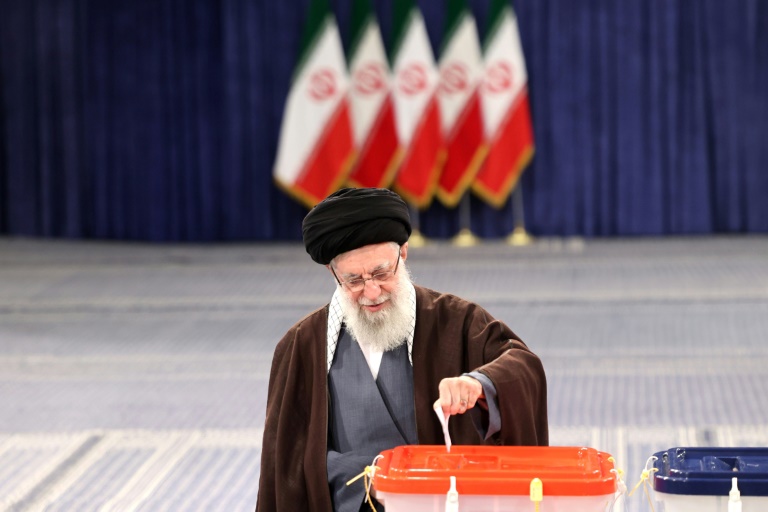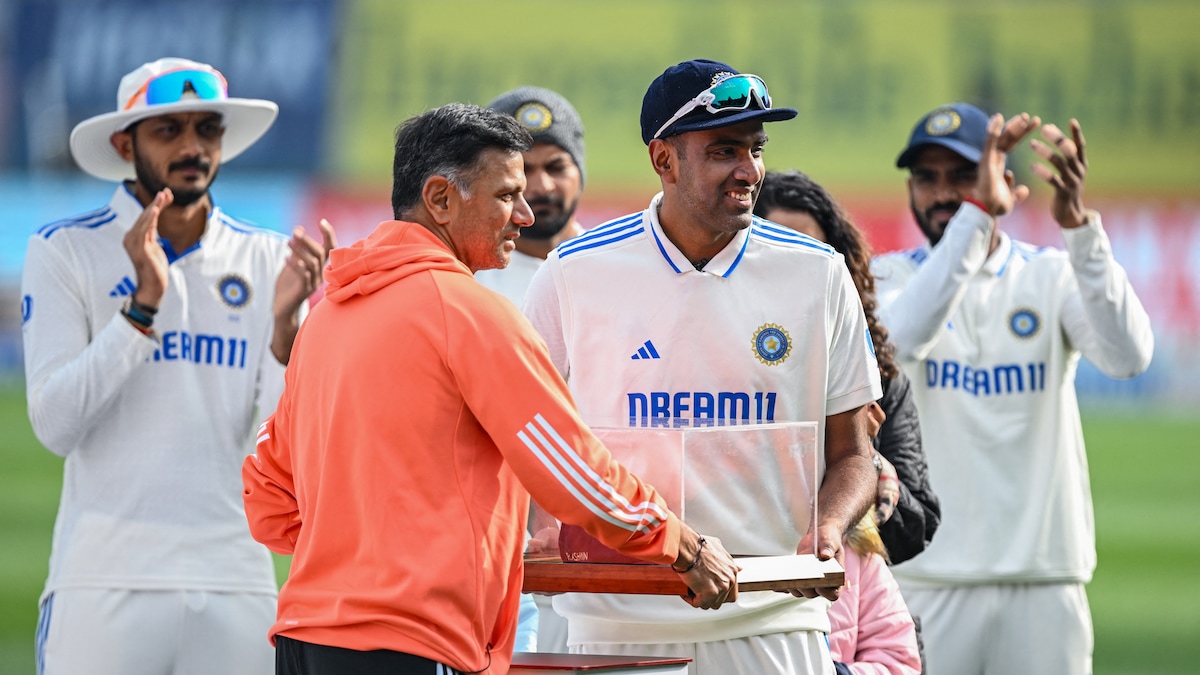What do Iran, Russia and North Korea have in common? They are all oppressive dictatorships, led by corrupt, autocratic despots who despise opposition and murder their opponents. They are all rogue states who eschew democracy, pervert justice, disdain freedom and have impoverished their people. They all share aggressive nuclear ambitions. Unsurprisingly, they are all close allies.
Recently, elections took place in Iran. Voters were asked to elect members of the Majlis (parliament) and Assembly of Experts. The elections were a complete sham. The Iranian constitution states that a Guardian Council, comprising six theologians appointed by the Supreme leader, the ailing and delusional Ayatollah Ali Khamenei, and a further six jurists appointed by the Head of the Judiciary, who is also incidentally appointed by the Supreme Leader, were allowed to vet candidates for the elections.
Candidates for the Majlis and the Assembly of Experts are therefore painstakingly hand-picked, with thousands being disqualified and only those showing maximum allegiance to Khamenei’s policy of repression and tyranny selected. Two prominent candidates were rejected, including former Iranian President Hassan Rouhani, and former Justice Minister Mostafa Pour-Mohammadi, despite both having blood-soaked credentials.
Based on official results, less than 8% of the eligible voters who cast their ballots voted in the capital Tehran, proving once again that this regime lacks any semblance of legitimacy and that the Iranian people want nothing short of the regime’s overthrow.
The main democratic opposition movement – the People’s Mojahedin of Iran (PMOI/MEK) – has been outlawed and ruthlessly hounded by the mullahs since the 1979 revolution that brought the regime to power. In 1988, they executed more than 30,000 members and supporters of the PMOI/MEK in a massacre that is now under investigation by the UN. To this day, members of the opposition PMOI/MEK are accused of ‘moharebeh’ or ‘waging war against God’, which carries the mandatory death sentence in the theocratic regime.
Nevertheless, the mullahs are so hated that the PMOI/MEK is growing in popularity and their Resistance Units are now causing fear and consternation amongst the ruling elite. Repeated nationwide uprisings have been crushed with lethal force and an unprecedented wave of executions has erupted as the Supreme Leader and his executioner president Ebrahim Raisi, dubbed “The Butcher of Tehran”, attempt to quell public dissent. Undeterred the mullahs continue to accelerate their development of a nuclear weapon, wage proxy wars across the Middle East and sponsor terrorism abroad.
In Russia, Vladimir Putin has excelled in his role as an international pariah. On 16th February he ordered the murder of his key opponent Alexei Navalny, having tried to poison him with a nerve agent in 2020, then attempting to silence him when he returned to Russia in 2021 by sentencing him to successive terms of brutal incarceration in the contemporary gulags.
Navalny’s murder is simply the latest in a series of assassinations of political critics and opponents at home and abroad by Putin. But violent repression at home has been joined by warmongering aggression abroad, as the increasingly Stalinist Putin seeks to recreate his dream of a new Soviet Empire.
In 2008, Putin effectively seized more than 20% of Georgian territory, having annexed the regions of Abkhazia and South Ossetia, both scenes of violent separatist conflicts which left thousands dead and tens of thousands homeless.
In March 2014 he annexed Crimea and the city of Sevastopol as two federal subjects of the Russian Federation. The West’s failure to take decisive action emboldened Putin and led to the invasion of Ukraine, a conflict that has now raged for two years and cost more than half a million military and civilian deaths and injuries.
At home, Navalny was almost certainly murdered to crush dissent ahead of the sham presidential elections due to take place in March. Already, Boris Nadezhdin, the anti-war candidate and only serious contender who may have garnered support from those courageous enough to oppose the illegal war in Ukraine, has been barred from running against Putin.
The re-election of Putin with a preposterous majority for another 6-year term is a racing certainty. The ludicrously inflated voting figures will again be the result of manipulation, state propaganda, suppressed freedom of speech, limited voter choice, and outright fabrication, all designed to give an air of legitimacy to the regime and its ‘democratically elected’ leader.
In North Korea, Kim Jong-Un will supervise parliamentary elections in March, ensuring that all 687 members elected to the 15th Supreme People’s Assembly are slavish devotees of his totalitarian oppression. There will be only one candidate on the ballot in each constituency, though voters, who wish to risk their lives, can vote against that candidate by crossing out their name on the ballot paper. As always, the inevitable result will make a mockery of democracy.
According to Transparency International, North Korea is the joint-most corrupt country in the world, together with Somalia. It has been ruled by the same family since 1948, with the current leader Kim Jong Un taking over in 2011 and issuing nuclear threats against the West ever since. Local elections, to elect governors, mayors, and local assemblies, will also take place this year and will be the first since Kim Jong Un came to power, despite the fact the country is officially entitled The Democratic People’s Republic of Korea (DPRK). Kim Jong Un won the last parliamentary election in 2014 – gaining 100% of the vote with a 99.9% turnout!
In their book, ‘The Dictators’ Handbook’, Bruce Bueno de Mesquita and Alastair Smith make the point that when you’re at the top of an autocratic regime, you need to spend an inordinate amount of time trying to keep yourself on top. That involves making sure that everyone in the top positions knows they are replaceable, while at the same time ensuring they also know that you, as the leader, are irreplaceable.
To achieve that, you need to persuade your cohorts that between 70% and 99.9% of the population think you’re great and if they get rid of you it could cause a civil war. In this way, subverting democracy becomes an essential survival mechanism. Like Alexei Navalny, those that cannot be so easily persuaded are simply bumped off.
Struan Stevenson is chair of the In Search of Justice (ISJ) committee on the protection of political freedoms in Iran and the coordinator of Campaign for Iran Change (CiC). His latest book is entitled ‘Dictatorship and Revolution. Iran – A Contemporary History.’






